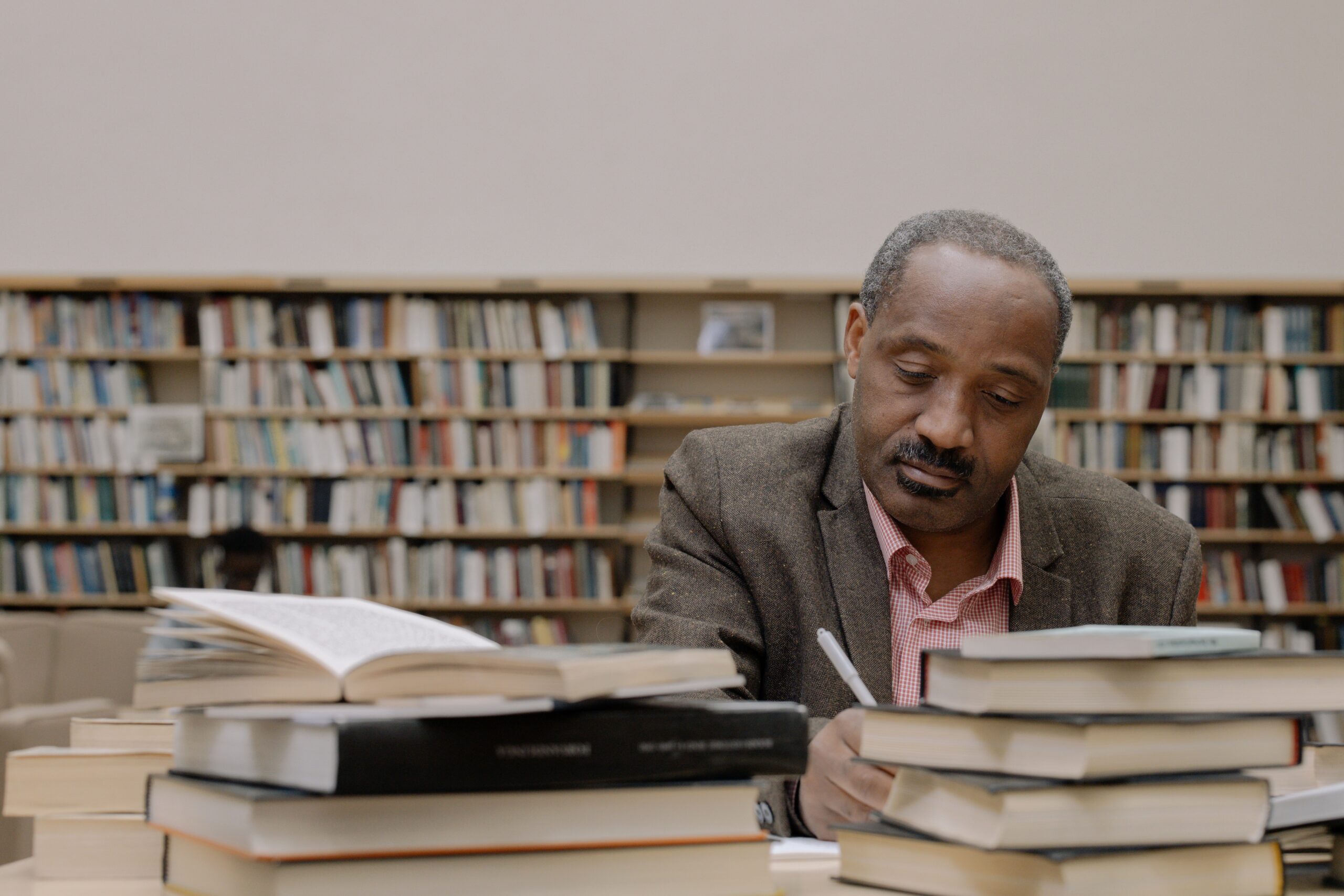In human perception, a fascinating phenomenon exists known as the observer-expectancy effect. This effect highlights the significant influence that an observer’s expectations can have on the outcome of an event or the behavior of others. Whether we realize it or not, our beliefs, preconceptions, and biases can profoundly shape the world around us. In this article, we delve into the intricacies of the observer-expectancy effect, examining its origins, manifestations, and potential implications.
Understanding the Observer-Expectancy Effect
Psychologist Robert Rosenthal and his colleagues in the 1960s discovered a phenomenon known as the observer-expectancy effect, which is also referred to as the experimenter expectancy effect or the Rosenthal effect. This effect highlights the impact of an experimenter’s expectations on the performance or behavior of participants. Through their research, Rosenthal and his team demonstrated that an experimenter’s expectations, whether conveyed consciously or unconsciously to the participants, have the potential to influence their actions.
The observer-expectancy effect reveals that when experimenters hold certain expectations about how participants should behave or perform, they inadvertently transmit these expectations to the participants through verbal and non-verbal cues. These cues can include subtle gestures, tone of voice, or even the design of the experiment itself. Consequently, participants may unconsciously pick up on these cues and modify their behavior or performance accordingly to align with the experimenter’s expectations.
This phenomenon has significant implications for research studies, as it introduces a potential bias that can affect the validity and reliability of experimental results. Researchers must be cautious and strive to minimize any unintended influence their expectations may have on participants. By being aware of the observer-expectancy effect and implementing appropriate safeguards, such as blinding procedures or standardized protocols, researchers can help mitigate the impact of experimenter bias and ensure more accurate findings.
The emergence of this effect stems from the interaction between an observer’s expectations and their interpretation of events. When an observer has a specific outcome in mind, they might unknowingly display subtle cues, such as body language, tone of voice, or facial expressions, that subtly shape the behavior of the individuals being observed. Consequently, these cues can impact the subjects’ perceptions, attitudes, and subsequent actions, reinforcing the observer’s original expectations.
This phenomenon highlights the intricate relationship between the observer and the observed, where the observer’s preconceived notions and interpretations can unintentionally influence the behavior of those under observation. These subtle cues serve as unconscious signals that guide the subjects’ responses, leading them to align their actions with the anticipated outcome of the observer.
The implications of this effect extend to various domains, including research studies, interpersonal interactions, and educational settings. Awareness of the observer-expectancy effect minimizes biases and ensures objectivity in these contexts. By acknowledging the potential influence of their expectations and actively mitigating their impact, observers can strive for fairness and accuracy in their interpretations, allowing for more reliable and unbiased assessments. Similarly, individuals being observed can become mindful of these subtle cues and make conscious efforts to maintain their autonomy and independence in their actions, separate from the observer’s expectations.
Manifestations of the Observer-Expectancy Effect
The observer-expectancy effect can manifest in various settings, including scientific experiments, educational environments, and everyday social interactions. In the context of research, an experimenter’s expectations about the outcome of an experiment may inadvertently bias their observations or analysis, leading to confirmation of their initial beliefs. This effect can undermine the validity and reliability of scientific studies if not properly controlled for.
In educational settings, teachers’ expectations can significantly impact students’ academic performance. Educators’ high expectations for their students can motivate them to excel and reach their full potential. Conversely, low expectations can limit students’ achievements and perpetuate educational inequalities.
In interpersonal relationships, the observer-expectancy effect can influence how we perceive others and interpret their behavior. Preconceived notions and stereotypes can cloud our judgment, leading to biased interpretations and reinforcing our existing beliefs.
Implications and Ethical Considerations
Awareness of the observer-expectancy effect compels us to contemplate the potential ramifications of our expectations and biases. Whether we are scientists conducting research, educators shaping young minds, or individuals engaging in social interactions, it is imperative that we strive for objectivity and open-mindedness. By doing so, we can avoid perpetuating unfair judgments and refrain from influencing outcomes based on preconceived notions.
In the realm of research, it is crucial to establish solid protocols and measures that mitigate the impact of experimenter bias. One effective method is the implementation of double-blind designs, wherein both the experimenters and participants are unaware of the experimental conditions. This helps ensure that any unintentional cues or expectations from the experimenters do not influence the participants’ behavior or performance. Additionally, promoting transparency and encouraging study replication can strengthen scientific knowledge’s validity and reliability. When multiple independent studies yield consistent results, our confidence in the conclusions drawn from the research increases our confidence.
Similarly, educators hold significant power in shaping their students’ learning experiences. By remaining conscious of their expectations and biases, educators can treat each student as a unique individual. It is essential to provide equal opportunities and support to all students, irrespective of their perceived abilities. Adopting a growth mindset in teachers and students fosters an inclusive and nurturing learning environment. A growth mindset recognizes that intelligence and skills can be developed through effort, perseverance, and effective strategies. By promoting this mindset, educators can help students embrace challenges, value learning, and realize their full potential.
Acknowledging the observer-expectancy effect in personal interactions reminds us to approach others with an open mind. Our preconceived notions and expectations can unintentionally influence how we interpret others’ actions and behaviors. We can foster healthier and more respectful relationships by consciously setting aside our biases and being receptive to alternative perspectives. Cultivating empathy and active listening skills can also aid in overcoming the limitations imposed by our expectations, allowing us to understand and connect with others truly.
Recognizing and addressing the observer-expectancy effect is vital for creating a fairer and more equitable society. We can work towards a more objective and inclusive approach in our research, education, and personal interactions by continuously examining our expectations and biases. Embracing diversity of thought and valuing each individual’s unique experiences and abilities enriches our collective knowledge and promotes a more harmonious coexistence.
Conclusion
The observer-expectancy effect sheds light on the powerful influence that expectations and biases can have on our perception of reality. It reminds us to approach the world with an open mind, free from preconceptions that can shape outcomes and perpetuate inequalities. By embracing objectivity, empathy, and self-reflection, we can minimize the impact of this effect, fostering a more equitable and inclusive society where individual potential can truly flourish.


